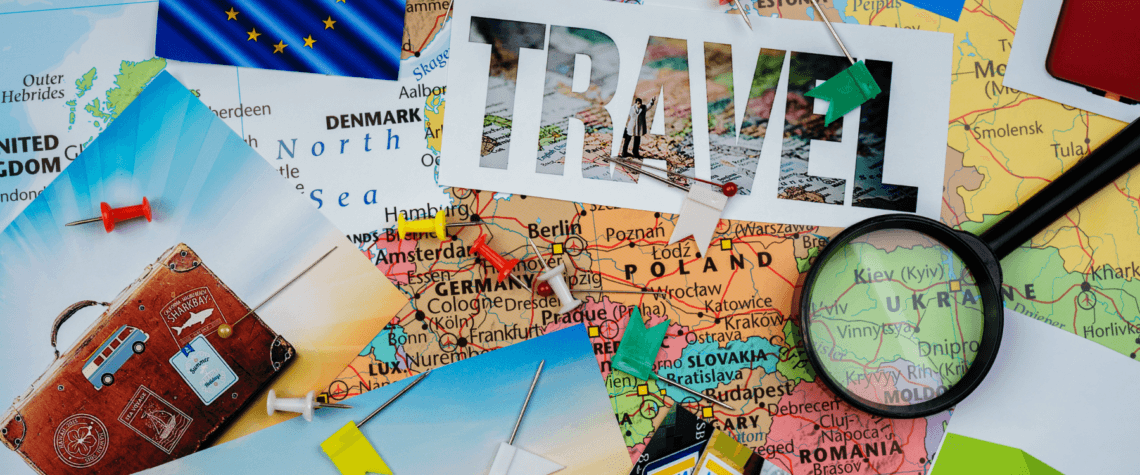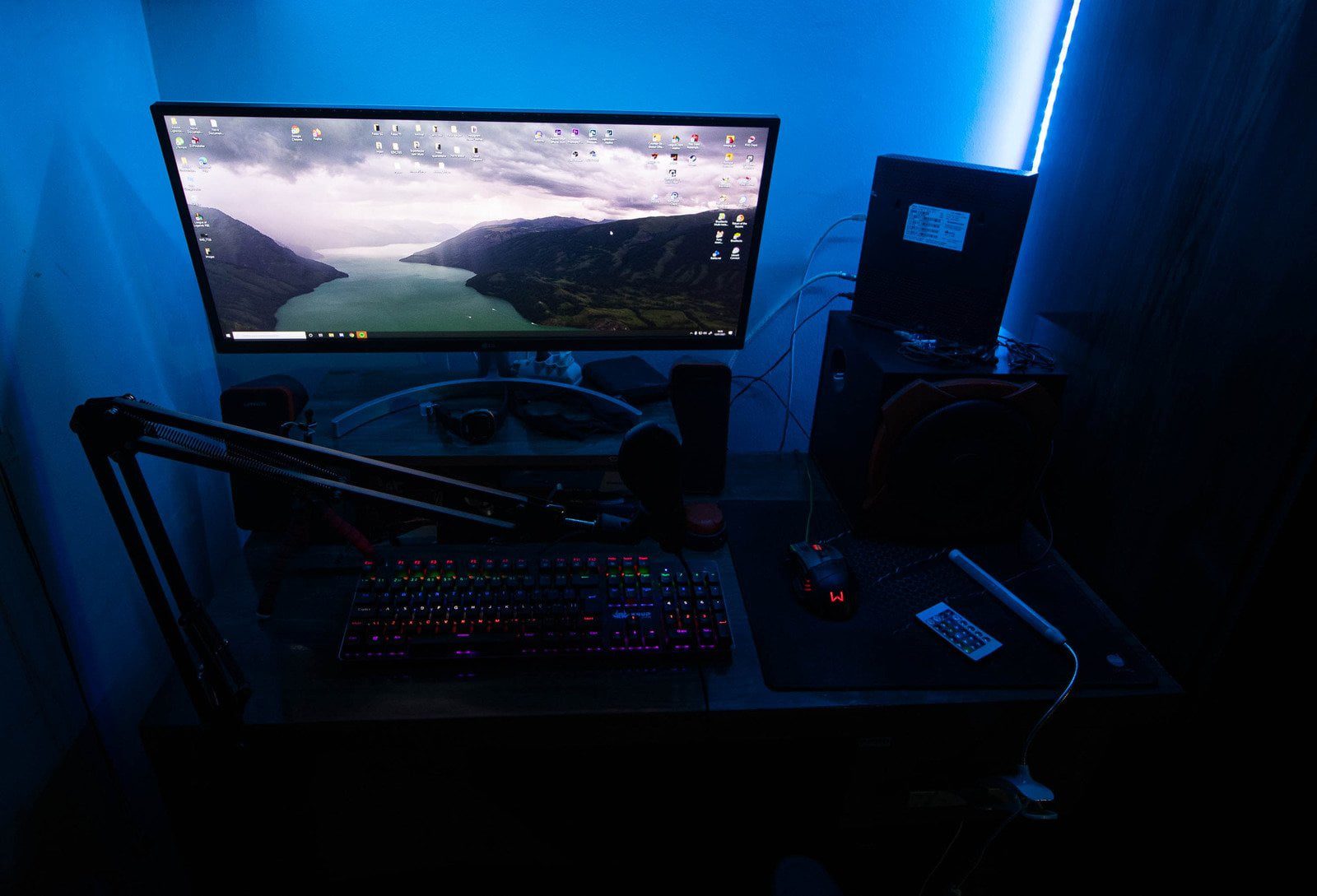Cities: Skylines thrusts you into the shoes of a visionary mayor, tasked with building a bustling metropolis from the ground up. But beyond grand avenues and towering skyscrapers lies the intricate dance of resource management. Every decision you make, from zoning districts to power plants, impacts the delicate balance of resources your city needs to thrive. This article equips you with the knowledge and strategies to become a master resource manager, transforming your fledgling city into a prosperous and sustainable metropolis.
Beyond the Bulldozers: Unveiling the Core Resources of a City
A thriving city relies on a complex network of resources that fuel its growth and development. Here’s a breakdown of the essential resources you need to manage in Cities: Skylines:
- Residential & Commercial Zones: These zones are the foundation of your city. Residential zones house your citizens, while commercial zones provide them with goods and services. Both generate income through taxes, funding your city’s growth.
- Electricity: Power keeps your city running. Manage a reliable electricity grid using power plants like coal, wind, or solar to ensure your buildings and services function smoothly.
- Water: Clean water is essential for your citizens’ health and well-being. Establish water sources like pumps or water towers and ensure a well-maintained water distribution network to keep your residents hydrated.
- Sewage Disposal: A growing city generates waste. Set up a sewage system with treatment plants to dispose of waste efficiently and prevent pollution.
- Transportation: Efficient transportation keeps your citizens connected and your city functioning. Build a network of roads, highways, and even public transportation systems like buses or subways to facilitate movement.
- Education & Healthcare: A healthy and educated population is a productive one. Invest in schools and hospitals to improve your citizens’ well-being, leading to higher happiness and productivity.
Understanding the interplay between these resources is crucial. For example, a robust residential zone requires a reliable power and water supply to function. Similarly, commercial zones need educated citizens to provide a workforce.
The Balancing Act: Optimizing Resource Production and Consumption
Maintaining a healthy balance between resource production and consumption is vital for a thriving city. Here are some strategies to keep your resources in check:
- Planning is Key: Before zoning large areas, plan your resource infrastructure accordingly. Ensure your power plants and water sources can handle the demands of a growing population.
- Diversification is Power: Don’t rely solely on one source for each resource. Consider using a mix of power plants, like coal and solar, to ensure redundancy and reduce the impact of blackouts.
- Prioritize Efficiency: Upgrade buildings and infrastructure for better efficiency. Newer power plants and water treatment facilities consume fewer resources, reducing waste and saving money.
- Embrace Green Technology: Wind and solar power offer cleaner and more sustainable alternatives to fossil fuels. While they may have higher upfront costs, they reduce long-term pollution and dependence on finite resources.
- Traffic Management: Traffic congestion can cripple your city’s efficiency. Invest in public transportation, implement traffic calming measures, and plan your city layout to reduce congestion and ensure smooth flow of goods and services.
Beyond the Basics: Advanced Resource Management Techniques
As your city expands, you’ll need to employ more sophisticated resource management strategies. Here are some advanced techniques to consider:
- District Specialization: Zone specific districts for different industries. This allows you to concentrate resource production (like power plants) in specific areas and optimize resource distribution.
- Resource Exports: Once your resource production exceeds your city’s needs, consider exporting them for additional income. This can help finance further development or alleviate budgetary pressures.
- Planned Blackouts & Water Rationing: These are temporary measures to consider during resource shortages. Planned blackouts or water rationing in specific districts can help manage resources until you can increase production or find alternative solutions.
- Citizen Management: Taxes affect your income, while education impacts your citizens’ productivity. Managing tax policies and investing in education can influence resource consumption and overall city efficiency.
- **Utilize Mods: The modding community for Cities: Skylines offers a vast array of mods that can enhance your resource management experience. From advanced traffic management tools to resource monitoring dashboards, mods can provide greater control and insight into your city’s resource flow.
The Sustainable City: Building for the Future
Effective resource management isn’t just about efficiency; it’s about building a sustainable city for the future. Here are some tips to ensure your metropolis thrives for generations to come:
- Focus on Renewables: Prioritize sustainable energy sources like solar and wind power. This reduces your city’s reliance on fossil fuels and minimizes its environmental footprint.
















